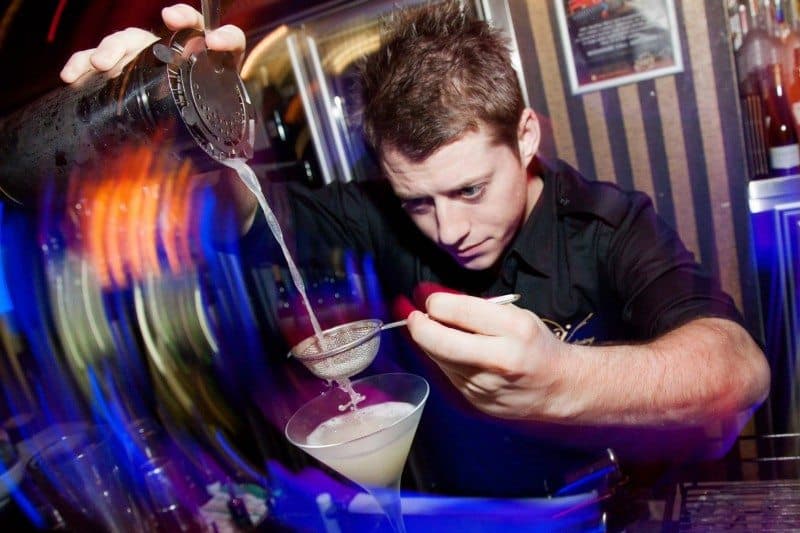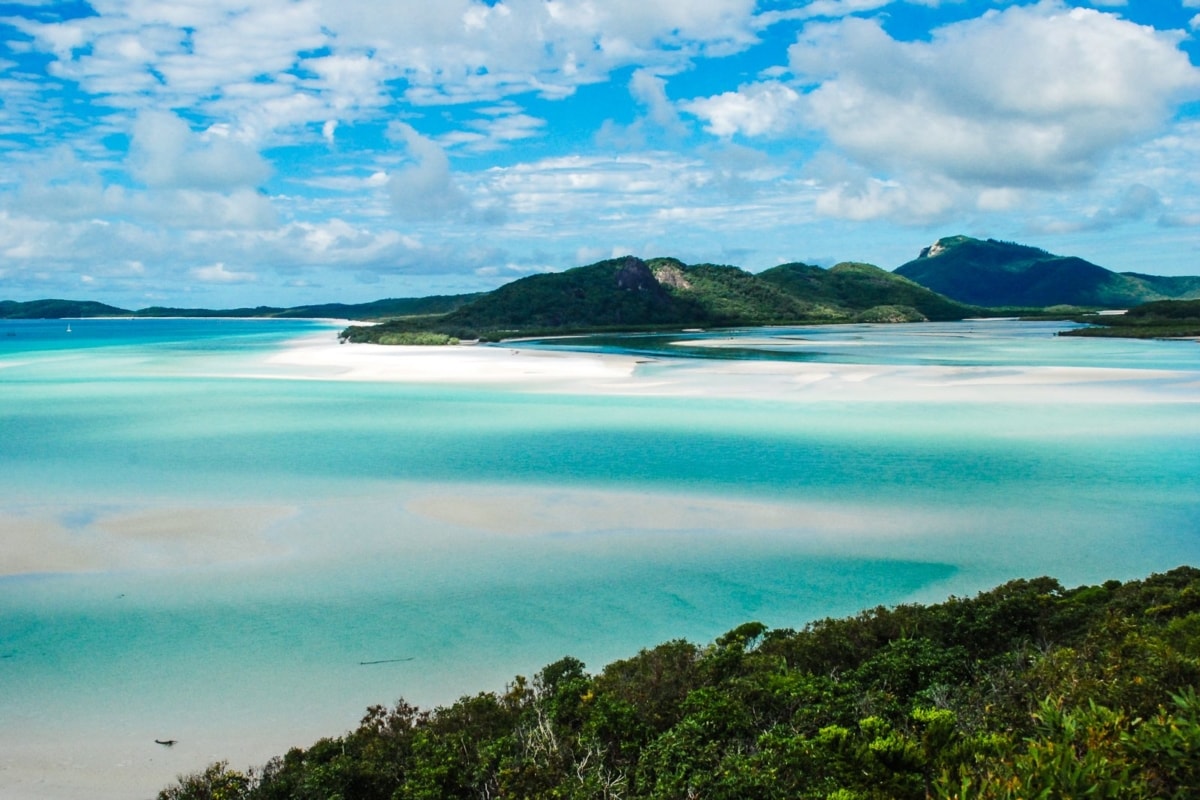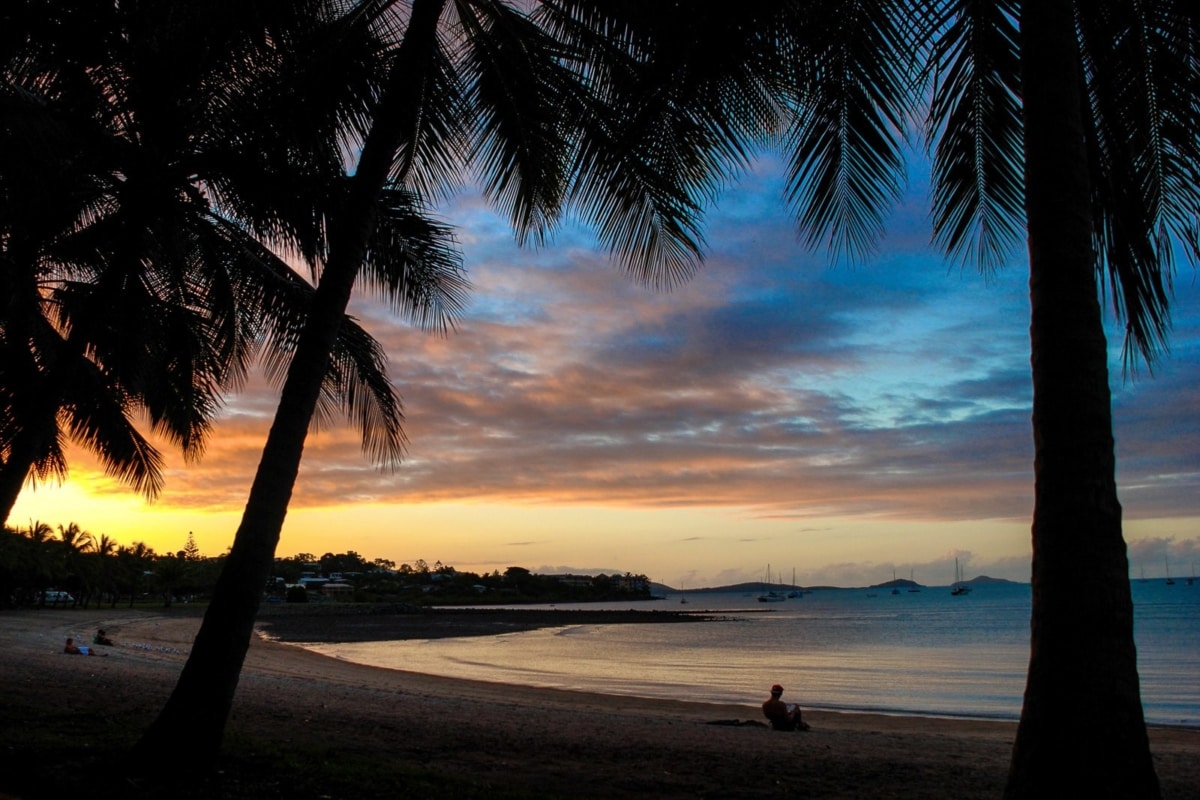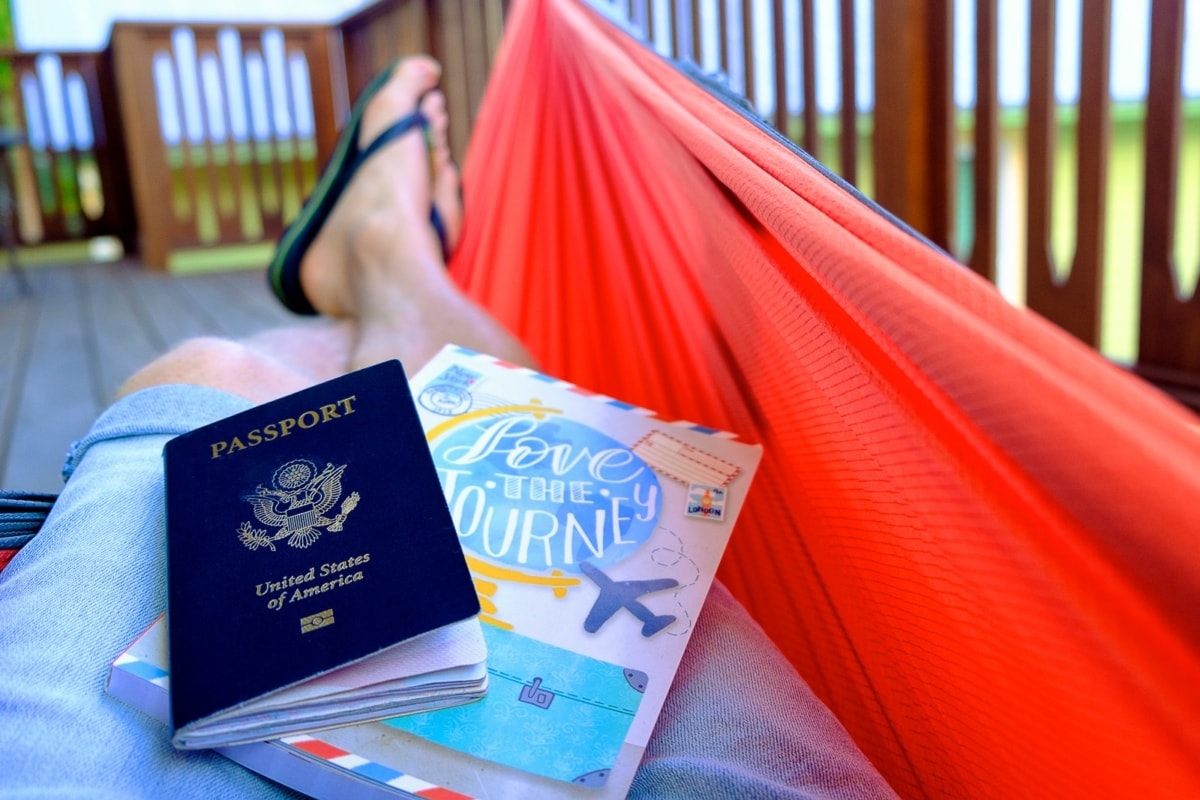The easiest place to work and travel is in Australia. It’s easy to apply for and it’s one of the most flexible programs that’s available to people under the age of 30!
Work and Travel in Australia: How to Get a Working/Holiday Visa
Seven years ago I applied to work and travel in Australia. Today, their working/holiday visa program is stronger than ever. If you’re between the ages of 18 and 30 and want the freedom to find temporary work in Australia, this is everything you need to know.
To be honest, it’s a pretty easy process, especially since they automate everything online. You don’t need to fill out even a single piece of paper!
The first step is to join the Working Holiday Maker program. Within this program, you apply for one of two working visas: the Working Holiday (subclass 417) or the Work and Holiday (subclass 462). You’ll have to read the descriptions to find out which one applies to you, but there are some general rules that apply to both visa types:
Requirements to be Eligible to Work and Travel in Australia
- You need to own a passport for a country participating in the WHM scheme. So far, 28 countries are taking part:
Argentina, Bangladesh, Belgium, Canada, Chile, Cyprus, Denmark, Ecuador, Estonia, Finland, France, Germany, Hong Kong SAR, Indonesia, Ireland, Italy, Japan, Malta, Netherlands, Norway, South Korea, Poland, Sweden, Taiwan, Thailand, Turkey, United Kingdom, and the United States.
- You need to be healthy enough to work (this is a bit of a no-brainer). Under some circumstances, you may be required to take a medical examination to confirm it.
- You need to have a return ticket, proof of onward travel at the end of your stay, or proof of the funds to buy a fare to depart Australia. I had none of these, so just used a copy of my mom’s bank statement 😉
If you meet all of these criteria, you’re virtually guaranteed to get your visa—there’s no yearly cap on the number of working visas issued, and if you haven’t guessed by now, the Australian government works really hard to encourage young seasonal workers to enter the country. You couldn’t be more welcome to apply to work and travel in Australia.
Here’s what a Working/Holiday Visa will give you:
- The freedom to stay in Australia for up to 12 months. This applies for a year from the date you enter the country, no matter how much time you actually spend in the country during those 12 months—you can enter or leave as much as you like.
- The freedom to work as much or as little as you wish. The only stipulation is that you can spend a maximum of 6 months with one particular employer. That’s not a bad thing, though—it keeps you in the mindset that this is only temporary.
- The freedom to study. Do you already have the funds to keep you going and want to spend some of your time studying? This visa will allow you to do it for up to 4 months of the year—enough time to squeeze in a 12-week course of education or training.
- The freedom to apply for a second visa. If you have an existing WHM visa and you’ve completed at least 3 months of seasonal work, you can apply for another work visa that starts when your existing visa ends, meaning you could stay working in Australia for an extra year. Two for one special!
IMPORTANT NOTE: like most working visas around the world, you need to apply in advance. If you show up with the intention of promising border officials that you’ll immediately apply for a working visa—well, you’re going to get turned away.
You can’t even get a normal 3-month entry visa on the spot, since they take up to 3 days to process. If you expect to wing it, you’re going to get into trouble really fast. Don’t even attempt it.
Expect the application process for the working visa to take up to 4 weeks, and to be on the safe side, apply a couple of months before your trip (you can apply up to 12 months in advance).

Where to Stay While You Work and Travel in Australia
When I’m working and traveling, I always stay in hostels. They’re cheap, temporary and a fantastic way to build a network of friends—many other people who are working and traveling choose to stay in hostels, too. And once the staff at the hostel figure out you’re sticking around for a while, they’ll give you some of the low-down on what’s going on around town, and who to talk to about jobs.
When I got my first bar gig, I was low on funds and re-booking my shared hostel dorm room nightly. I was also hitting the streets every day with my resume, looking for a job.
I’m not going to lie—the uncertainty of it all was stressful. But it paid off. Looking back, that was also the most rewarding part of my journey.
Backpacker Job Assistance
For those who prefer not to fly by the seat of their pants (confession: I’m just really bad at planning), the good news is that, in Australia, the YHA has now formalized this process in something called the Backpacker Job Assistance scheme, which can take a lot of the stress out of finding work on your travels.
It’s currently running in a select number of hostels in New South Wales and Western Australia, chosen for the amount of seasonal and temporary work available in the area. They’ll help you in a number of ways, including:
- Offering you a weekly rate for staying in the hostel while you find the work you want.
- Actively helping you find that work, by steering you towards job opportunities that have become available nearby and giving you valuable tips and advice so you can work and travel in Australia efficiently without being a lost puppy.
- Being a useful point of contact before you arrive. If the idea of just showing up and figuring it out scares the bejeezus out of you, you’ll like this program. It allows you to book accommodation and look for work before you’ve even arrived.

Where to Find Work in Australia
Your best shot at getting a seasonal job is to either just show up and find a job (like I did), or have a contact in the area that will act as a go-between (like the YHA, above). You’ll find out about the opportunities that haven’t even been properly advertised yet – and you might even get a sweeter gig than you would through traditional channels.
If you’re trawling online listings, start with the backpacker-specific job boards:
- Backpacker Job Board – At the time of writing, nearly 8,000 backpacker-friendly positions are being advertised.
- Jobaroo – Created by travelers for visitors to Australia, this site works both as a job board and a repository for a lot of great first-hand advice for seasonal job seekers.
- Jora – Over 300,000 positions currently available across the country.
- Downundr – Job listings for island resorts, pearling and cruise ship work.
Then move on to the general job search boards:
- SEEK – A portal website collecting job offers from a large number of employment, education and volunteer companies worldwide. Over 3 million job listings, including for high-end ($150k+) positions.
- Gumtree – Gumtree is like the craigslist of Australia, with free job postings and classifieds for all over the country.
- Adzuna – A search engine for job ads with 20,000+ listings for Australia.
- CareerJet – More than 200,000 jobs listed, including seasonal work.
- Manpower – the Australian wing of the American human resourcing group, aggregating positions from 50 locations across the continent.
Types of Work Available in Australia
Fruit-Picking -The most popular form of temporary work is in the fruit-picking and harvesting industry. In many ways, the Working Visa system was set up simply to provide labor for this market. It’s hard work and it pays well—and of course, it’s only available at harvest time. Make sure you’re looking for this kind of work in the right season.
Bartending – My specialty, and my first love when it comes to work and travel in Australia. Here’s how you find a bartending job anywhere in the world.
Restaurant Work – If you have experience working as a waiter/waitress or host/hostess, restaurants are probably looking for good staff, especially in larger cities like Sydney, Melbourne and Perth. If you have any food-related skills, chef jobs are always available. You might also find this kind of seasonal work available at luxurious island & coastal resorts.
Landscape Gardening/Grounds Worker – Work as a seasonal laborer or grounds staffer for farms or garden maintenance services.
Office & Retail – Shop staff, customer sales representatives, clerical assistants, reception work.
Outback Work – Working on ranches or cattle stations. Here’s an introduction to this field of seasonal work.
Beach Work – Work and travel in Australia as a surfing instructor, lifeguard or diving instructor (training required, if you don’t have it, with assistant/support jobs available for those without or undergoing training).
Childcare & Au Pair Work – You can find this kind of work using two methods: going through an agency, like AIFS (this usually requires paying a fee up front, but they’ll do all the job hunting for you) or hunting for jobs yourself, using general job boards (see below) or more specific sites like AuPairWorld.com.
Travel Industry Work – Working to keep hostels and hotels running during those busy summer months (note—these jobs are HOT, so call ahead of time to ask and make sure you arrive before the busy season starts).
There are so many different jobs that will allow you to work and travel in Australia and this list is far from exhaustive. Instead of deciding that you’ll do anything for work, pick one particular thing that you want to do for work, and chase that job. If you try to apply for jobs with a general résumé (CV) that doesn’t sell yourself for one specific type of work, you won’t end up getting a job at all.

The Best Job You’ll Find In Australia
Ultimately, the best job you’ll find is the one that makes you money and lets you have some fun while you’re at it—that’s the whole point of working while you’re traveling! I loved working as a bartender, but there are so many options for work and travel in Australia that, ultimately, it’s about finding the job that’s right for you.
That’s the best job you’ll find.
Take what you already know and see how you can apply it abroad. It’s really no different than finding a job in your own country—use your networks, search job boards, and see what’s available.
Australia is an incredible country, and you’re going to love every second of your journey. I spent 15 months there in total and can pretty much guarantee it.
Have fun!
READ NEXT: How to Find a Bartending Job Anywhere in the World
Working in Australia FAQs
-
Am I eligible for a working holiday visa in Australia?
To be eligible for a working holiday visa in Australia, you have to be 18-30 years old and meet the minimum savings account balance.
-
Can a US citizen get a working holiday visa in Australia?
Yes, US citizens can get a working holiday visa in Australia.
-
Is it difficult to get a working holiday visa in Australia?
It’s pretty easy to apply for a working holiday visa in Australia, and you’re likely to be accepted as long as you meet the requirements.
-
How much money do I need for a working holiday visa Australia?
You need to have at least $5000 AUD in your bank account to get an Australia working holiday visa.
-
Can you live in Australia after Working Holiday Visa?
It is possible to live in Australia after staying with a working holiday visa, but you have to meet stricter requirements and go through an application process.


Totally agree! The easiest place to work and travel is in Australia!
Thank you so much for commenting, it is lovely and really makes my day!
Thank you for the info. Will save it to bookmarks for later! 🙂
Very informative article, thanks a lot
Planning to work abroad but i dont have a passport and visa yet, will save this for future preferences :). Thank you man!